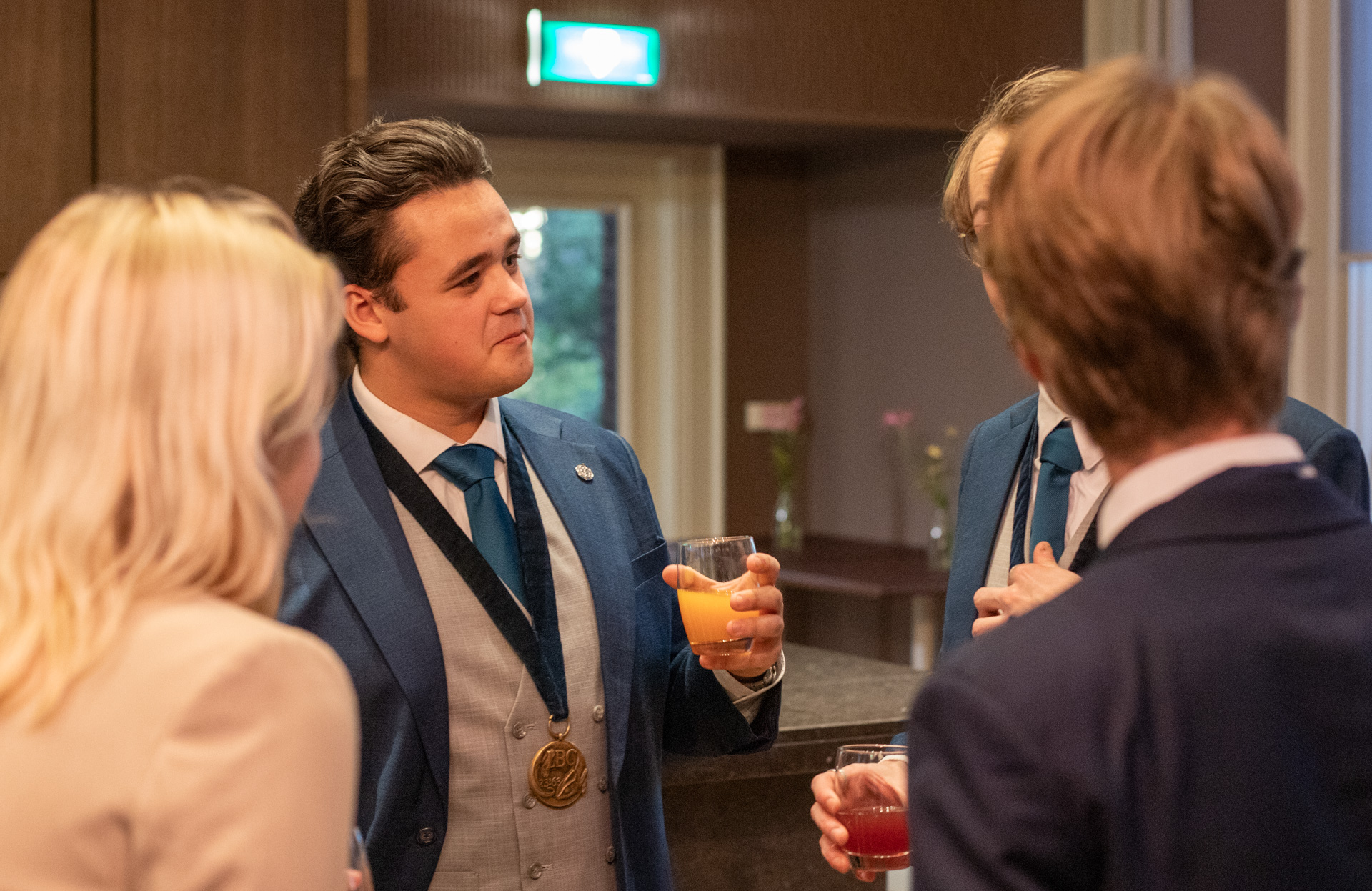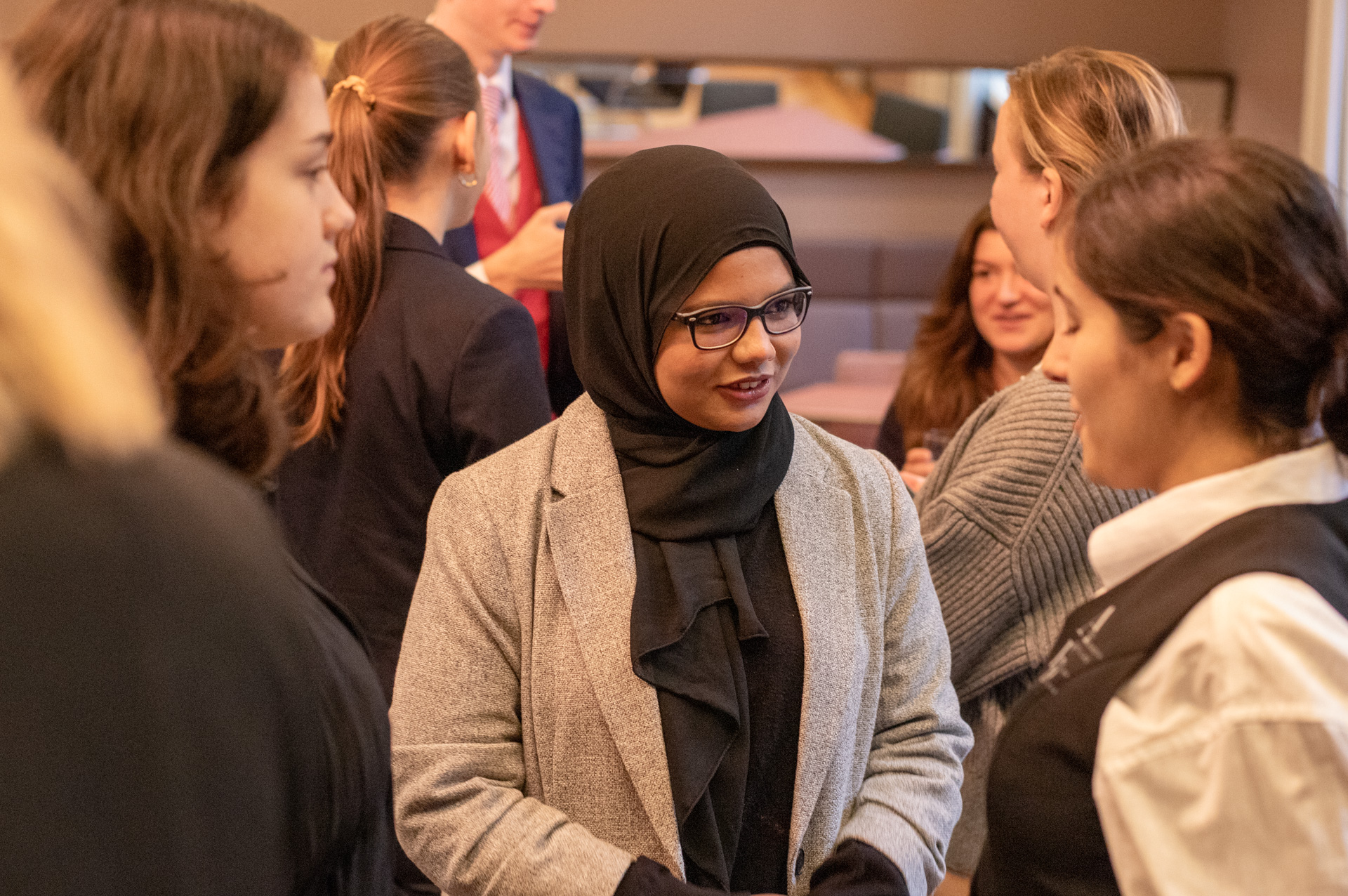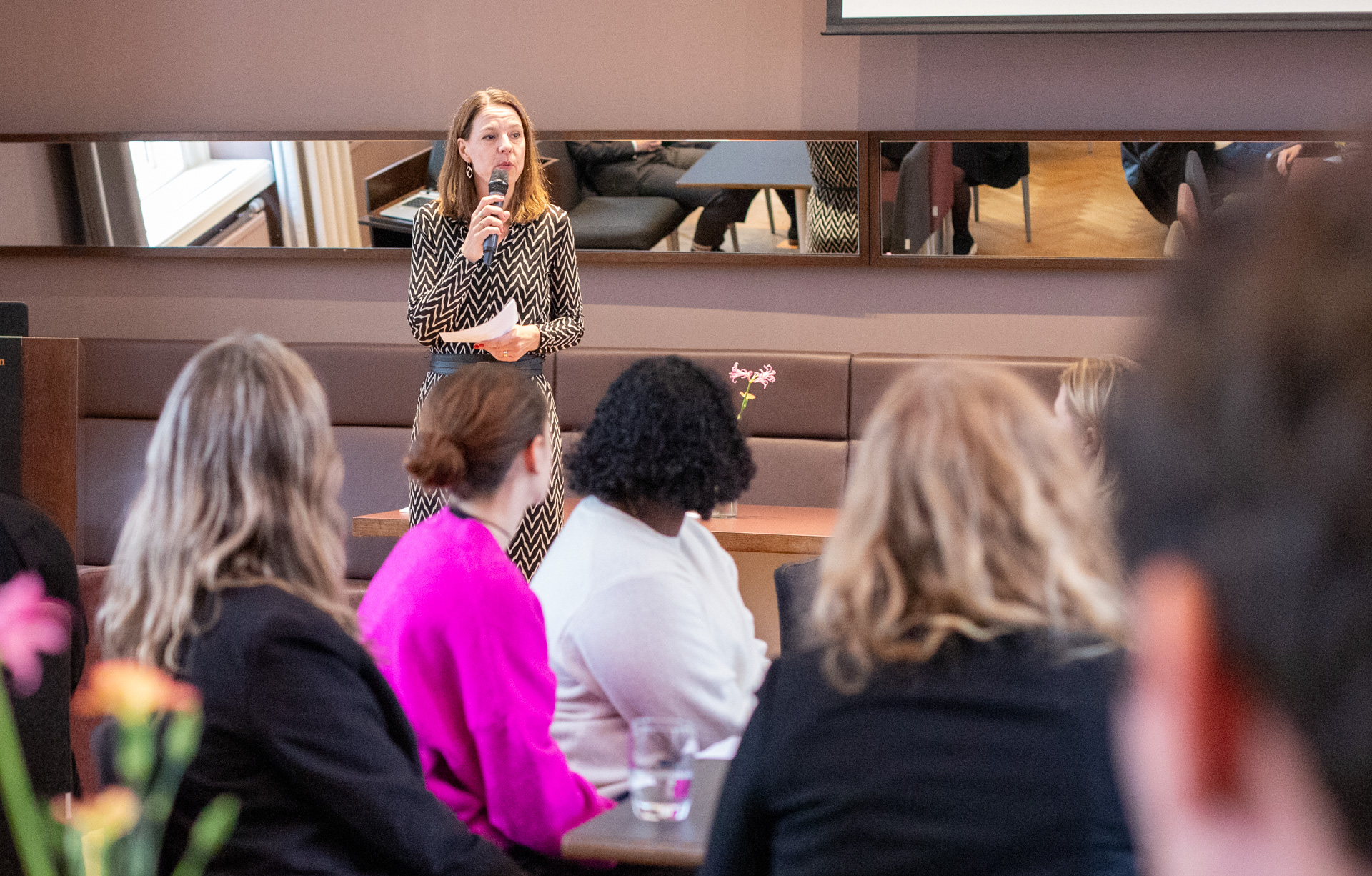
Study associations sign covenant: limit your alcohol consumption and look after each other
Opting more often for mocktails or soft drinks rather than beer or wine, talking to others about their drinking and pointing out the ban on drugs. Leiden University’s new covenant on alcohol and drugs for study associations encourages providing more alcohol-free alternatives.
Many students drink excessively, according to national research by the Trimbos Institute (in Dutch). Those who do so for the duration risk more than a bad hangover: frequent high levels of alcohol affect your brain development, for example. ‘This covenant contains agreements on drinking and providing alcohol. The aim is to keep students safe and healthy’, says project manager Sonja Wagenaar from Student and Educational Affairs.
‘These agreements make you feel less of a killjoy’
Alcohol less of a default option
‘We want to move away from the idea that it’s only fun if there is alcohol’, says psychology student Sophie ’t Hart, a former board member of the Study Association Deliberation Platform (StOP). She worked on this initiative in that role and has continued to do so as a student assistant on the university’s Student Well-Being Programme. StOP, the Leiden Assessors Council (LAssO) and 33 study associations signed the covenant on 9 November. President of the Executive Board Annetje Ottow did so on behalf of the university and praised the initiative, ‘We want a healthy learning community and excessive alcohol consumption is no part of that. It’s great to see so many associations participating.’
Additional agreements needed
This covenant for study associations is based on an existing alcohol covenant from 2021, which was signed by all student associations affiliated with the Local Chamber of Associations (PKvV). There is also a covenant especially for the introductory period. Why a new one for study associations? ‘They organise events both within and outside the university and said they felt the need for additional agreements for their situation’, says student Sterre Burmeister, the LAssO chair. StOP, LAssO and the university came together to work on the resulting covenant.
-

Representatives of the study associations -

-

Sterre Burmeister from LAssO, President of the Executive Board Annetje Ottow and Robin Buijs from StOP -

-

Sonja Wagenaar from Student and Educational Affairs
On the same page
The university had long had an alcohol and drugs protocol for on-campus meetings that already applied to study associations, Wagenaar said. This included a ban on drugs and rules for alcohol consumption at drinks such as obtaining written permission from the board. ‘This new covenant also focuses on the social side’, says Wagenaar. ‘Everyone should look out for and take care of each other.’
The key agreements from the covenant include:
- Anyone organising drinks should provide alcohol-free alternatives and encourage people to drink them.
- Drunk students may be refused admission to association activities.
- Social control: look out for each other and make sure that members get home safely if they are unwell.
More inclusive
‘There have been several initiatives relating to this in recent years’, says LAssO chair Burmeister. Study associations at her faculty (Governance and Global Affairs) also hold alcohol-free drinks at times. ‘That makes them more inclusive because it attracts students who would be less likely to come to such activities, for instance because of their religion or health.’
‘If you don’t want to drink, people tend to respond by saying: “Go on, just one!”’ says ’t Hart. ‘A culture like that can make you feel like a killjoy. And it’s difficult turning someone away who’s had one too many.’ Both students emphasise how good it will be to be able to refer to the covenant and say: this is what we have all agreed and the university is behind us.
Brijder, a specialist in addiction treatment (in Dutch) that was also present at the covenant’s signing is an important external partner. Students can always contact them with questions and can even take a prevention course, for instance if they are on the board of an association.
Communicate with members
Half of the around 65 study associations have signed the covenant. ‘We’re really pleased’, says Wagenaar, ‘and would invite all the other study associations to do the same. Contact StOP if you do want to sign.’
Signing the covenant is just the beginning, says Burmeister. ‘The associations will communicate the agreements with their members, on their social media and websites, for instance.’ And by leading by example. ‘It already makes a huge difference if alcohol is not the default option’, says ’t Hart. ‘Don’t automatically order beer for the whole group if that’s not what everyone wants.’
Photos: Rob Dorresteijn
Text: Linda van Putten
